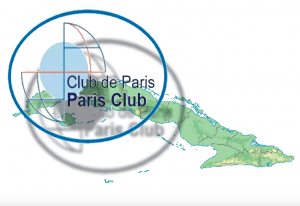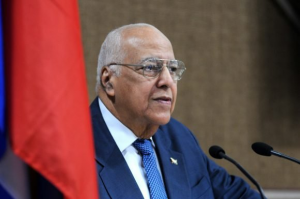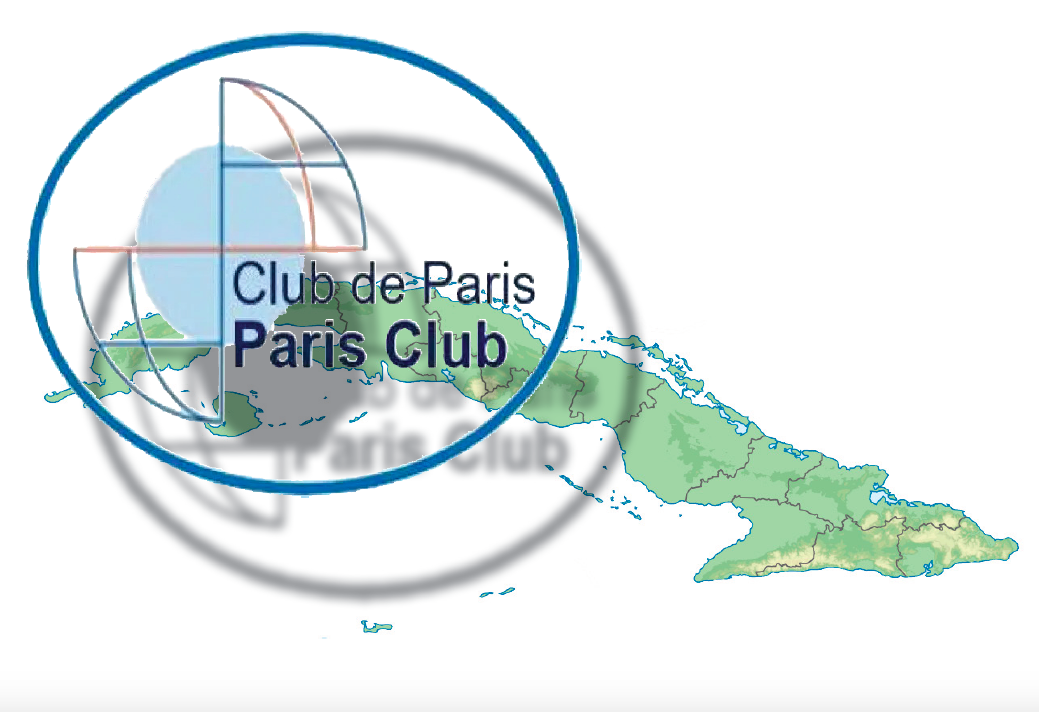 CUBA STANDARD — Citing the coronavirus crisis, Cuba has asked its Paris Club creditors to be allowed to postpone payments until 2022, Agence France Press first reported.
CUBA STANDARD — Citing the coronavirus crisis, Cuba has asked its Paris Club creditors to be allowed to postpone payments until 2022, Agence France Press first reported.
The report is based on three anonymous diplomatic sources.
This could be the opening move to what Cuba might hope ends up in a renegotiated Paris Club agreement under even more favorable terms.
Cuba’s cash crunch is not expected to improve anytime soon. Tourism, which brought in $3.3 billion in 2018, has come to a complete standstill since March, and it is not expected to return to significant numbers until well into 2021. Healthcare exports, which brought in $8 billion in 2016, are beginning to revive, but remittances, which exceeded $3 billion last year, are expected to slump.
Cuban officials did not respond to the report; there has been no official statement to previous reports either that said Cuba fell behind with its payments last year under a 2015 agreement with the Paris Club of creditor nations.
According to the AFP report, Deputy Prime Minister Ricardo Cabrisas — Cuba’s economic point man and troubleshooter for many years — sent a letter to the 14 countries Cuba owes money under the agreement, proposing a moratorium for 2019, 2020 and 2021, with a return to normal payments in 2022.
The letter also says that Cuba would reassess its economic situation in 2021 to see if it could resume its debt service.
Cuba last fall failed to pay $30 million of the $82 million due annually under the 2015 Paris Club debt agreement, according to a previous AFP report. It failed to pay the portions due in 2019 to Austria, Belgium, Britain, France, Japan and Spain, but it did pay eight other nations.
Until early this year, Cuban leaders repeatedly pledged to keep debt service under the Paris Club restructuring agreement a top priority.

In January, before the coronavirus shutdown hit the Cuban economy, the government had reportedly pledged to catch up with the arrears by mid-2020. Based on a letter written in January by Cabrisas to Odile Renaud-Basso, president of the Paris Club, the French news agency reported early this year that the Cuban government had committed to paying off the remainder of the 2019 installment by May 31.
Even before the COVID-19 crisis, Cuba’s economy had been squeezed by tightening U.S. sanctions, a deep crisis in Venezuela, a drop in tourism, and plummeting revenues from medical service exports. Also, the private sector remains hobbled by glacial-speed economic reforms. The resulting cash crunch prompted payment delays to suppliers and investors for at least three years, but until October Cuba had adhered to the annual payment schedule on its sovereign debt.
Under the terms of the agreement, which settled a default with 14 sovereign lenders in 1986, hefty penalties kick in if and when Cuba fails to make its annual payments due Oct. 31. According to Reuters, the agreement states that if Cuba does not meet an annual payment in full, it is charged a steep 9% interest until full payment, plus late interest for the portion in arrears.
The 2015 agreement forgave Cuba $8.5 billion of $11.1 billion in principal and accumulated interest from a 1986 default, with the remaining $2.6 billion payable in annual installments through 2033. As recently as Dec. 6, Cuban and French officials signed an agreement in Paris for mid- and long-term project guarantees for up to €150 million. France — Cuba’s biggest creditor in the defaulted debt — played an essential role in reaching the 2015 agreement.
Some of Cuba’s debt payments go into bilateral funds that support investment projects in the island.
According to the latest Paris Club filing, at the end of 2018 Cuba was in arrears with Paris Club lenders for $5.56 billion, down from $7.347 billion in 2014.
At least one of the countries subject to arrears was working with Cuba to save the agreement. One diplomat told Reuters that the deal was too important for both sides, underpinning investment projects, to let go. Even so, most of the bilateral debt-to-investment funds are probably on hold for now.
The 14 Paris Club members that hashed out the 2015 agreement with Cuba are Japan, Canada, Spain, France, Italy, United Kingdom, the Netherlands, Belgium, Switzerland, Austria, Denmark, Sweden, Finland, and Australia.
Some observers believe Cuba may try to renegotiate the basics of the 2015 Paris agreement on even better and longer terms. Elements of a restructuring could include the temporary moratorium Cabrisas asked for, lifting or easing the 9% penalty, considerably reducing interest payments, prioritizing re-investment projects in debt service payments, and including the possibility of making more of the payments in national currency.
Such a Paris Club reset could be fueled by an eventual return of U.S.-Cuba normalization, which presidential candidate Joe Biden says he would aspire.

